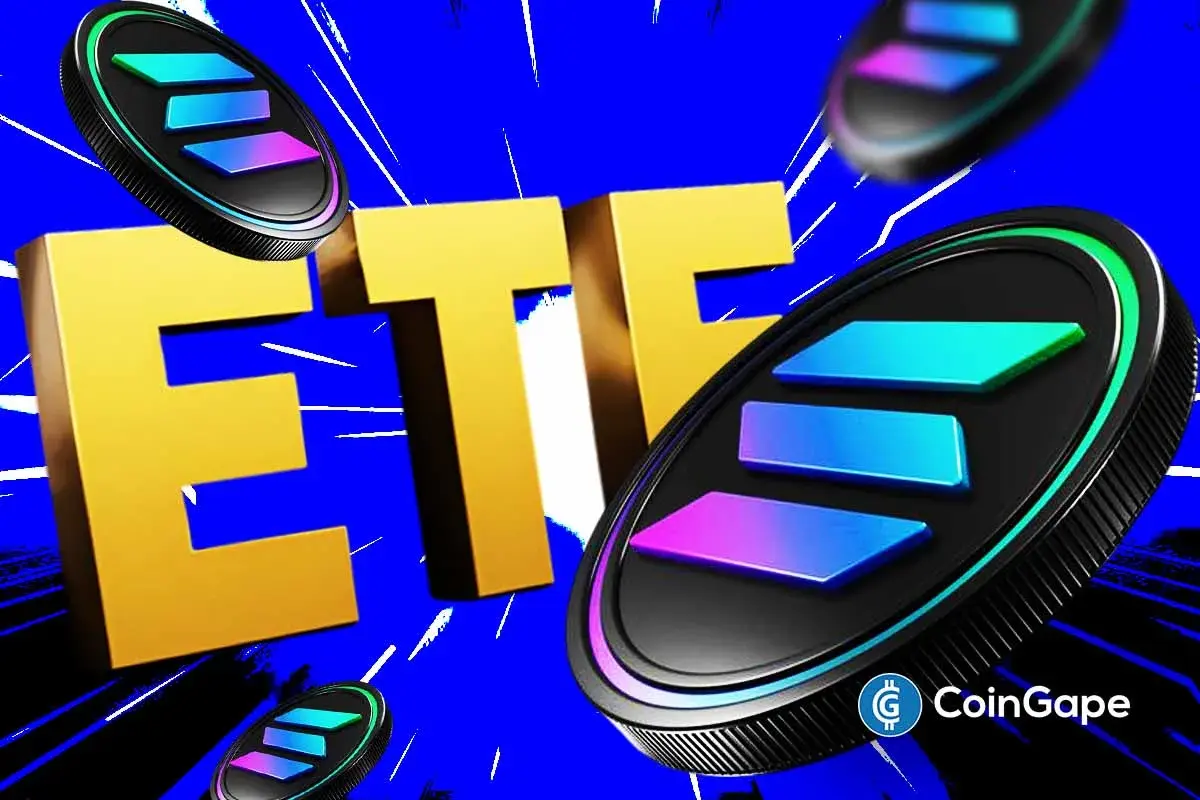Crypto ETF issuers Bitwise and VanEck, alongside JitoLabs, Jito Foundation, Solana Policy Institute, and Multicoin Capital, have sent a public letter to the SEC, advocating for the approval of liquid staking tokens (LSTs) in ETFs. These stakeholders have specifically requested that the Commission begin by approving LSTs for the Solana ETFs.
Crypto Stakeholders Press SEC To Approve LSTs For Solana ETFs
The request came in a joint letter signed by Jito Labs, the Jito Foundation, and other major stakeholders in the crypto investment space. The plea includes the available Solana ETF filings from large asset managers such as Fidelity, Franklin Templeton, Grayscale, and 21Shares, in June 2025.
These applications suggest that the funds would act as Staked ETPs, and can earn validators rewards on Solana. In its proposal, VanEck clearly indicated that existing LSTs like JitoSOL could make staking in Solana ETFs easier.
The letter defines LSTs as what are provided when customers stake their Solana to smart contracts running publicly staked pools. The stake pool issues an LST as a formal representation of the staked asset and rewards that have accrued. These can still be traded or redeemed.
This allows Solana ETF issuers to obtain staking yields without being validator mangers or being delayed by unbonding period. Liquid staking will enable token owners to be a full participant in the decentralization of the network.
This is possible since their assets are distributed among numerous validators rather than a single one. This Solana ETF staking model differs from its traditional versions. Users don’t have to deal with keys or endure long redemption periods.
Solana-based LSTs like JitoSOL use a reward-bearing structure where each token gradually increases in redeemable value over time. For example, one JitoSOL today might redeem for 1.08 SOL after one year, reflecting validator rewards.
Bitwise, VanEck Cite SEC Guidance and SSK to Back LSTs
The SEC has already allowed staking in one U.S. crypto ETF. The REX–Osprey Solana + Staking ETF (SSK) launched using JitoSOL as its core staking mechanism. While that Solana ETF is structured differently from 1933 Act ETPs, Bitwise and VanEck argue the principle should apply broadly.
They cited the SEC’s May 2025 Staking Guidance, which said solo staking and delegated staking do not involve securities transactions. That guidance clarified that staking activities are ministerial and administrative, not managerial or entrepreneurial as defined under securities law.
Bitwise and VanEck say this logic directly supports the use of LSTs in regulated ETF products, such as the Solana ETFs. According to the letter, omitting staking would cause a reduction in returns that would be enjoyed by investors and a rise in costs. Liquid staking tokens solve that by offering full participation and yield with no additional risk.
Investment disclaimer: The content reflects the author’s personal views and current market conditions. Please conduct your own research before investing in cryptocurrencies, as neither the author nor the publication is responsible for any financial losses.
Ad Disclosure: This site may feature sponsored content and affiliate links. All advertisements are clearly labeled, and ad partners have no influence over our editorial content.



✓ Share: